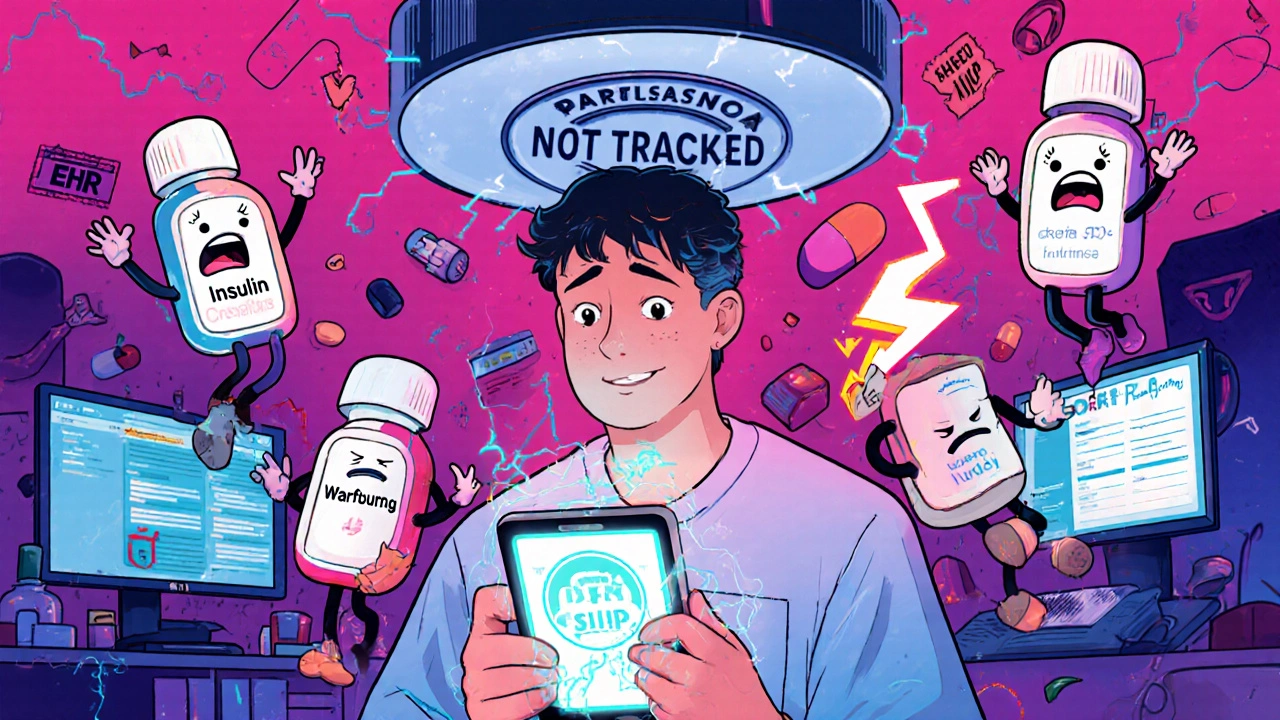DTx: Digital Therapeutics Explained and How They're Changing Medicine
When you think of medicine, you probably picture pills, injections, or surgery. But now, there’s a new kind of treatment that doesn’t come in a bottle—it runs on your phone. This is DTx, software-based medical treatments approved by health regulators to prevent, manage, or treat diseases. Also known as digital therapeutics, it’s not just a wellness app—it’s a prescribed tool, clinically tested and often covered by insurance. Unlike fitness trackers or meditation guides, DTx products are held to the same standards as drugs. They’re designed to change behavior, deliver cognitive therapy, or even monitor chronic conditions in real time—with data that doctors can review.
DTx isn’t one thing. It includes prescription digital therapeutics, FDA-approved apps used to treat conditions like ADHD, substance use disorder, or type 2 diabetes, and mobile health apps, tools that help patients stick to insulin regimens, track seizures, or manage anxiety through CBT. These aren’t gimmicks. Studies show DTx for ADHD improves focus as effectively as stimulant meds for some kids. For diabetes, apps that coach users on diet and glucose tracking lower HbA1c levels more than standard care. Even in mental health, DTx platforms have been shown to reduce panic attacks and depressive symptoms in controlled trials.
What makes DTx powerful is how it connects to the real world. A patient with hypertension gets daily reminders to take their meds, logs their blood pressure, and gets automated feedback. Their doctor sees trends over time—not just a snapshot at the clinic. This isn’t science fiction. It’s happening now, and it’s part of a bigger shift: medicine is becoming continuous, personalized, and data-driven. The rise of DTx also means fewer hospital visits, better adherence, and lower costs over time.
But DTx doesn’t replace doctors—it gives them better tools. A psychiatrist can now see how a patient’s sleep and mood patterns shift week to week, not just hear what they remember from last month. A parent managing a child’s asthma can get alerts when air quality drops, and the app suggests actions before symptoms flare. These aren’t just features—they’re life-changing supports built into daily routines.
Below, you’ll find real-world examples of how DTx is being used in practice. From apps that help people quit smoking to digital programs that replace pills for certain types of insomnia, the collection covers what works, what doesn’t, and what’s coming next. You’ll see how DTx fits alongside traditional meds, what regulators require, and how patients actually use these tools day to day. No hype. Just facts, evidence, and what matters most: getting better.
Digital Therapeutics and Medication Interactions: What You Need to Know in 2025
Digital therapeutics are now FDA-cleared treatments that boost medication adherence-but their interactions with drugs are poorly understood. Learn what you need to know in 2025.
